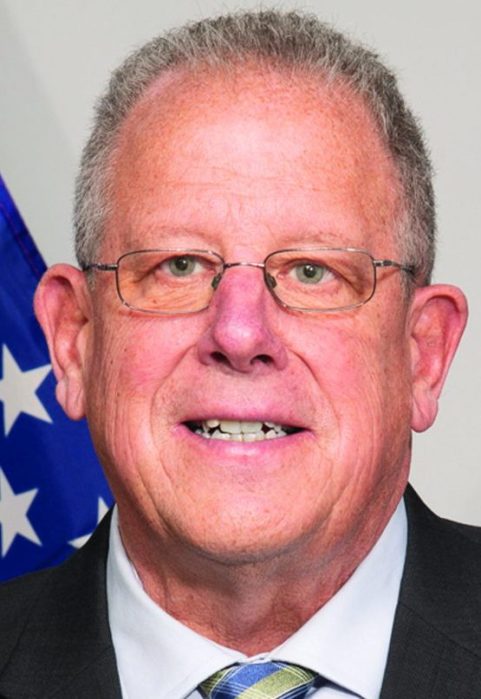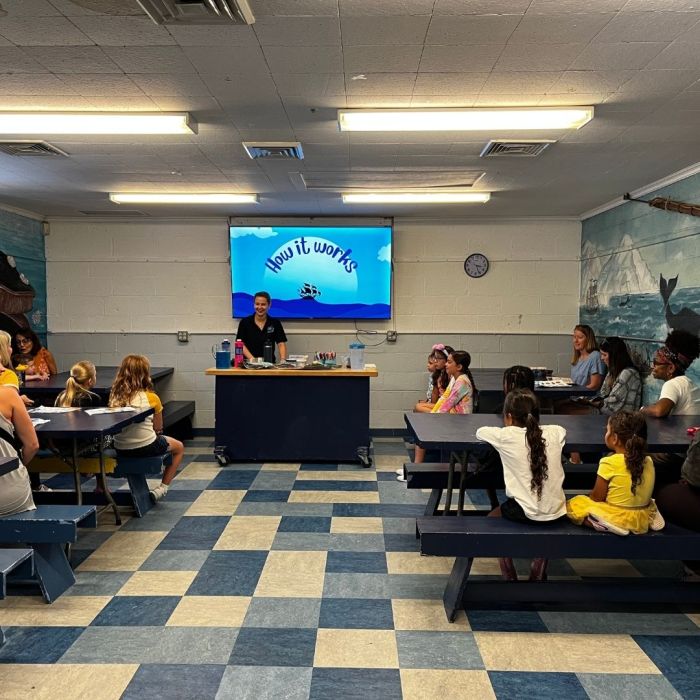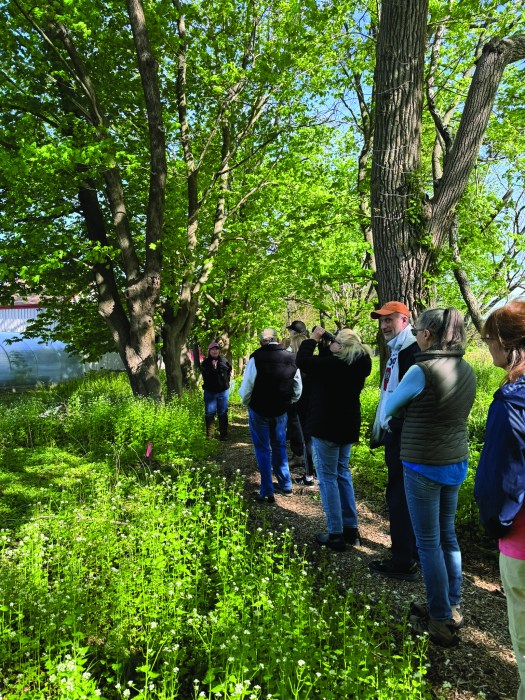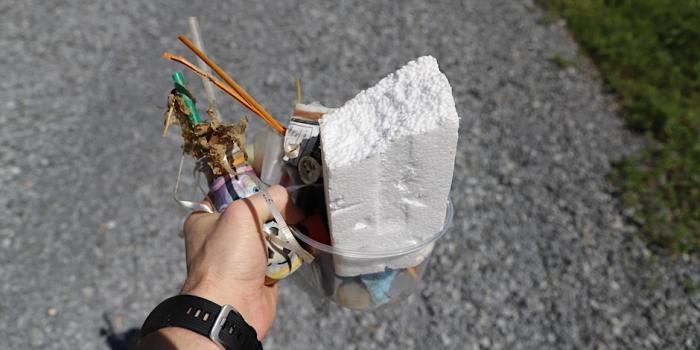A pediatric heart transplant had never been carried out on Long Island. Until last Friday.
Northwell Health’s Cohen Children’s Hospital successfully completed the first procedure on the island on March 28, said Dr. Jake Kleinmahon, the medical director of pediatric heart transplants and failure, who was part of the surgery team.
The surgery was carried out on a teenage patient from Queens who had been working with Kleinmahon since last May to treat dilated cardiomyopathy, a condition in which the heart muscles are formed abnormally and, over time, stretch out and become dysfunctional
“Some people might think having a heart transplant program on Long Island isn’t such a big deal when there are pediatric heart transplant programs in the city,” Kleinmahon said. “But, if you think about families who have children in heart failure who are waiting for a transplant in the hospital for potentially months, they have to travel into the city each day to see their child and also maintain the rest of their household and lives. That’s quite a burden. We felt that it was important for us to have this program so that we could provide these services to the kids.”
Currently, Northwell performs five other kinds of transplant operations, including adult and pediatric kidney transplants and adult heart, liver, and lung transplants.
Northwell, which cares for about 50% of the state’s pediatric patients, has been planning to add a pediatric heart transplant program as the sixth to this list for years, according to Kleinmahon.
The hospital received approval from both the state’s certification program and the Organ Procurement and Transplantation Network prior to officially opening the program on Feb. 18.
Kleinmahon emphasized that despite the program being new to Northwell, the surgeons in the program are certainly not new to the procedure, adding that all have been at successful pediatric heart transplant programs prior and were recruited from across the country.
He said Northwell first tapped him to help lead the program about four years ago. About a year and a half ago, he moved from Louisiana, where he headed that state’s only pediatric heart transplant program at the Ochsner Hospital for Children, to New York to begin work on opening Northwell’s program.
Pediatric heart transplant programs are significantly less common than adult ones, with under five dozen hospitals in 30 states offering them across the country.
This is partially because there’s a lower need for these surgeries on the pediatric scale compared to the adult one, Kleinmahon said, adding that only around 500 pediatric heart transplants occur annually in the United States compared to roughly 4,600 adult cases of the same surgery.
Kleinmahon said this is also because pediatric heart transplants are more resource-intensive and difficult to perform.
“It’s much more than just the medical doctors or surgeons who perform the transplants,” Kleinmahon explained of the program. “You really need all of the services to be elevated to the highest level to support a transplant program in pediatrics. There are additional resources, such as supporting schooling while kids are in the hospital and really making sure that they are in an appropriate pediatric environment for their care, which adds a little bit of different complexity.”
“We don’t just take care of the kid that’s getting transplanted,” he added. “We take care of that entire family.”
Additionally, he said that pediatric heart transplants typically require more precision because children’s hearts are smaller and still growing. If the heart has grown abnormally, it can be more challenging for doctors to attach the ‘normal’ transplanted heart to its ‘abnormal’ connections.
As the hospital enters the program’s first full month, Kleinmahon said he thought it fitting that April is Donate Life Month, a month of increased awareness about organ donation.
“Having a pediatric heart transplant program has been shown to increase the rate of organ donations at that hospital,” he said. “Part of the education that we’ve done in preparing for this program, and will continue to do, is educate our hospital system about organ donation.”
Those donations save kids’ lives, as evidenced by Kleinmahon’s patient, who he said is expected to make a complete recovery and return to the life he was living prior to any heart issues.
“We are all so thankful to him and his family for trusting us with his care,” Kleinmahon said. “We’re going to build trust in the community by demonstrating that we have a commitment to the highest standards, a track record of success, and can deliver the highest quality care.”

































